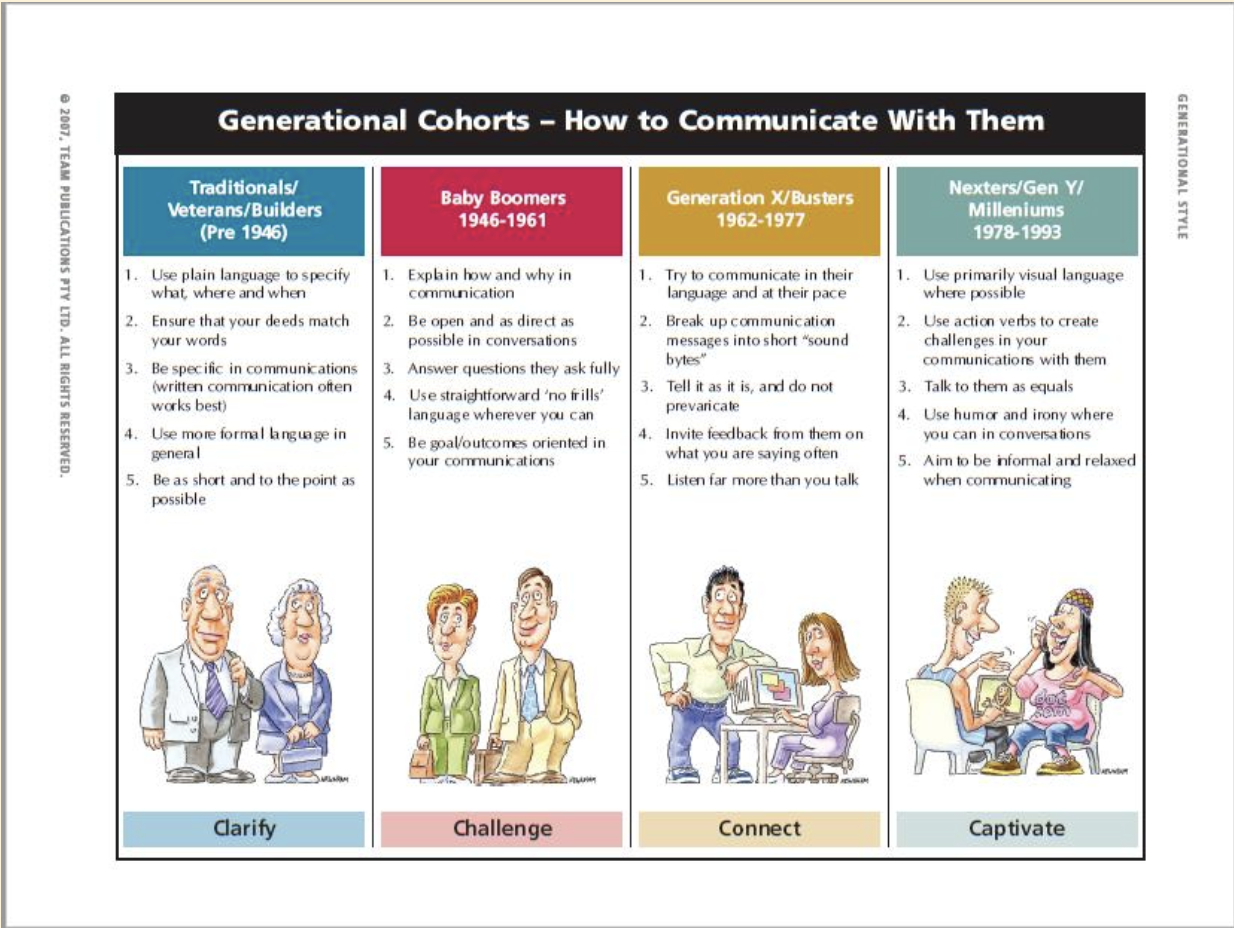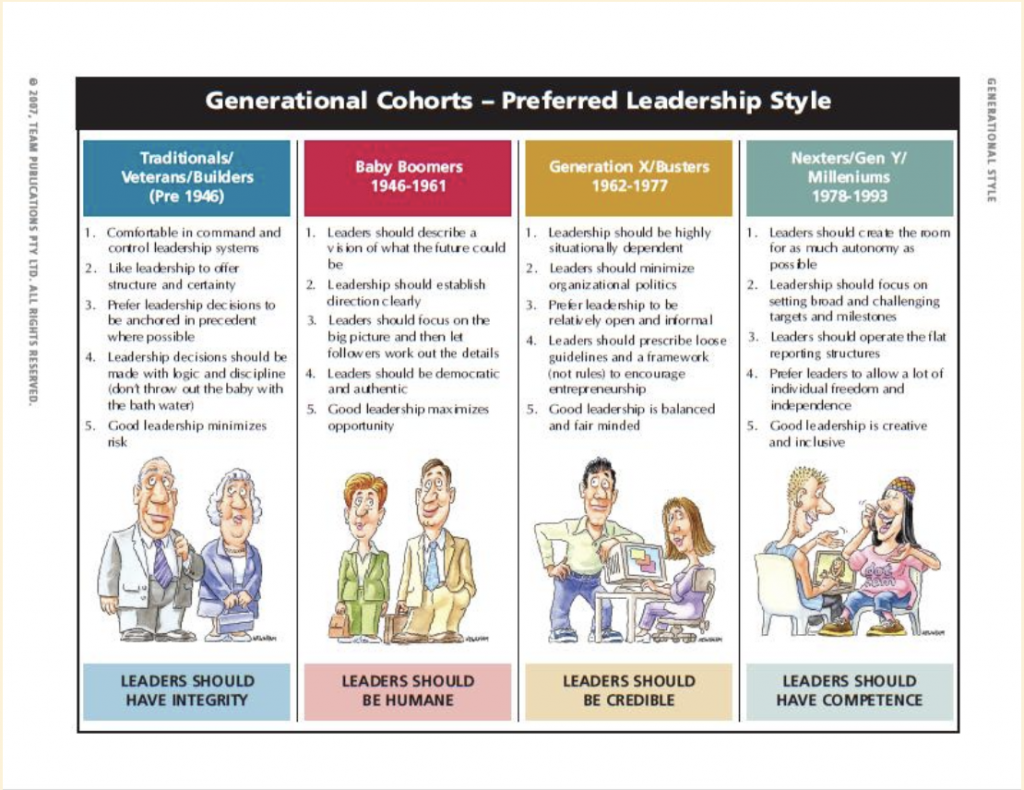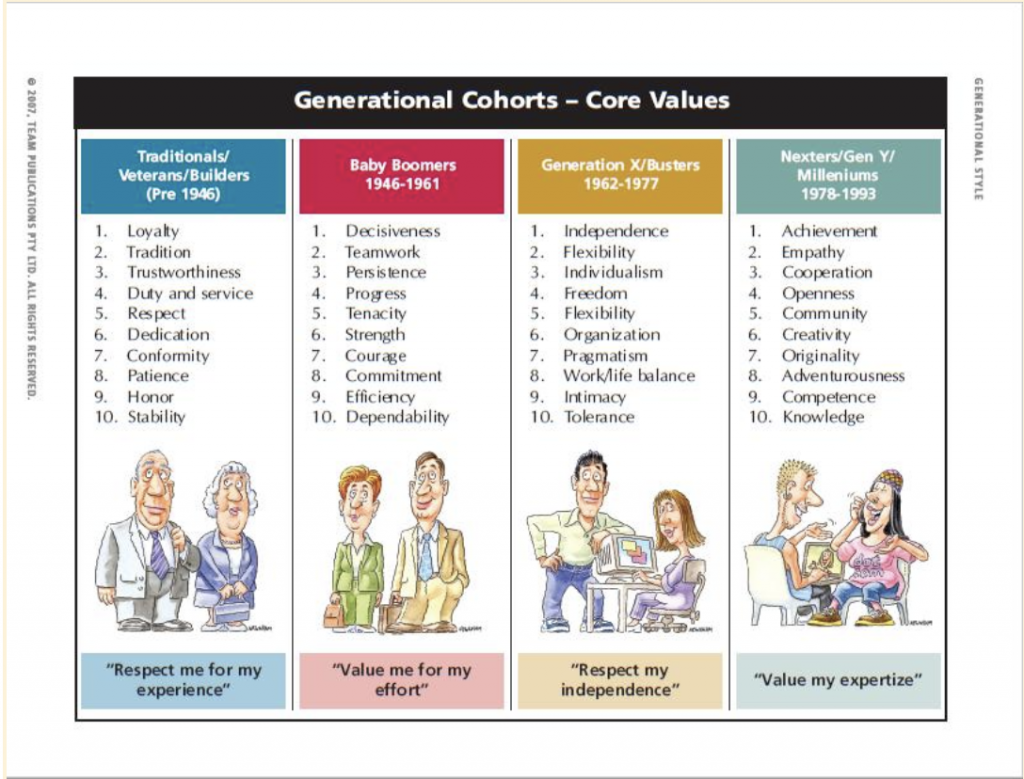“Hey, bro! What’s up my man?”
You might greet a buddy with a “What’s happening?” But is this an appropriate way for your staff to interact with their supervisor on your church staff?
What is at play here?
Have you noticed a shift in how employees interact over the last 3-5 years? Respect is a really important quality in the workplace, but sometimes the culture of a church staff is so informal it can slide into that gray zone where everyone is subtly functioning as though they are all operating at the same level of influence. An intern should not be viewing their influence as a peer with the Executive or Lead Pastor. Why is that so important?
Reasons why demonstrating respect is important:
- Demonstrates honor in a relationship
- Reinforces values that strengthens team culture
- People feel safe when they understand their role, responsibilities and boundaries
What happens when relationships are not handled carefully?
Sloppy boundaries lead to sloppy work! The casual nature of a relationship might be misinterpreted and reflected in an employee’s work ethic and quality of work.
How did we arrive at this point?
To some degree, this falls along generational lines. Cultural influences like entertainment, politics and social media – to name a few – have influenced the way we interact in different spaces. The disruption of the last three years also has much to do with our informalities – specifically social isolation. People have spent so much time on screens versus real, genuine, face-to-face interactions, communicating in meaningful conversation, allowing for reading of social cues, discerning nuanced inflections, body posture, and observing and following cultural norms.
But I think it might go deeper than this…
“Look him/her in the eyes!”
Some skills I learned in the home that I grew-up in, when greeting people, included:
- Look the person in the eyes when greeting someone
- Offer a firm handshake
- Speak clearly and loud enough to be heard
- Make the conversation about the other person
- Smile
Are these basic skills taught in the homes in which our young people are being raised? It might require some back-filling on your part, in addition to relevant orientation and training to shape or reinforce the culture you envision for your team – it is really up to you!
What do you want the culture of your team to look like?
Team norms (normalized behavior) are important to help people understand the expectations of being part of a team. Here is an example of a list of team norms (values + distinctives + standards of leadership) of a one-year-old team that I have been a part of at the Refinery Church – CLICK HERE. Every Sunday morning as we gather to review and prepare for the service with approximately 30 volunteers, one person is asked to review 2-3 of the norms and select one to go a bit deeper. This has genuinely reinforced and normalized behaviors we expect from each other.
Reflection Questions to land on you team norms:
- What is important to us?
- What can we keep people accountable to?
- How will they be upheld?
- What are the consequences when a norm has been ignored or broken?
- Are these actual or preferred norms?
Following are resources to help you understand the distinctives of the various generations!




Photo by S O C I A L . C U T on Unsplash

